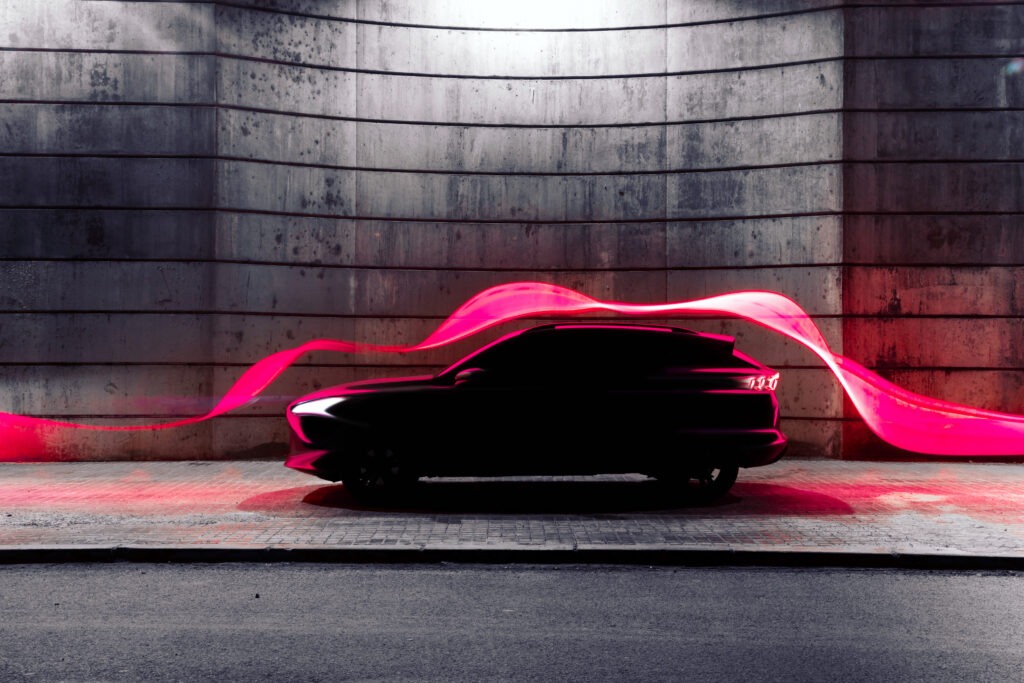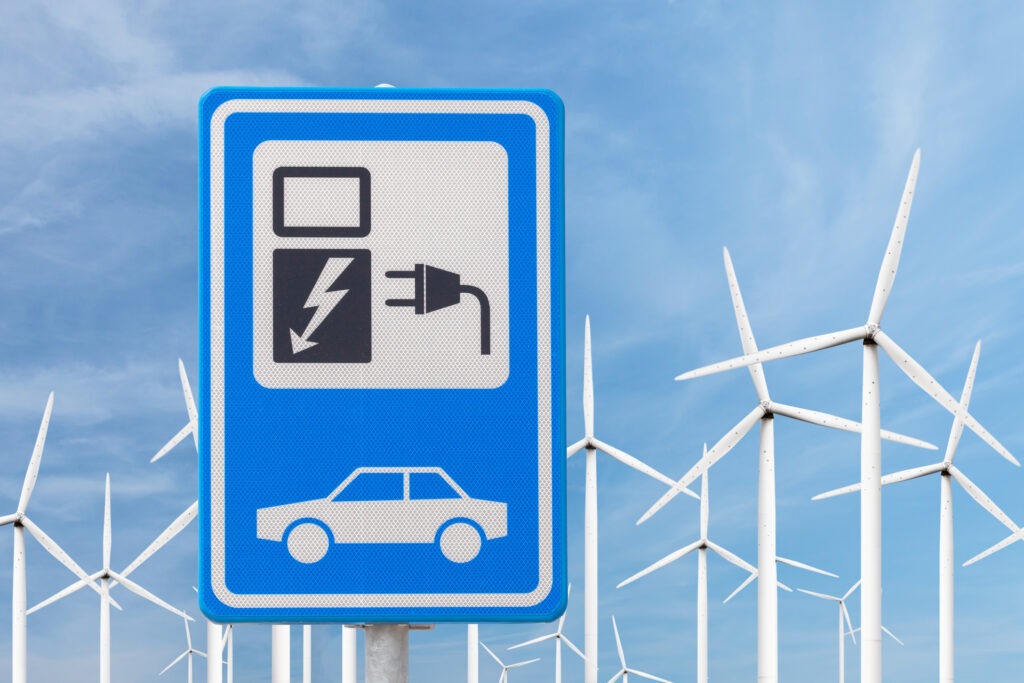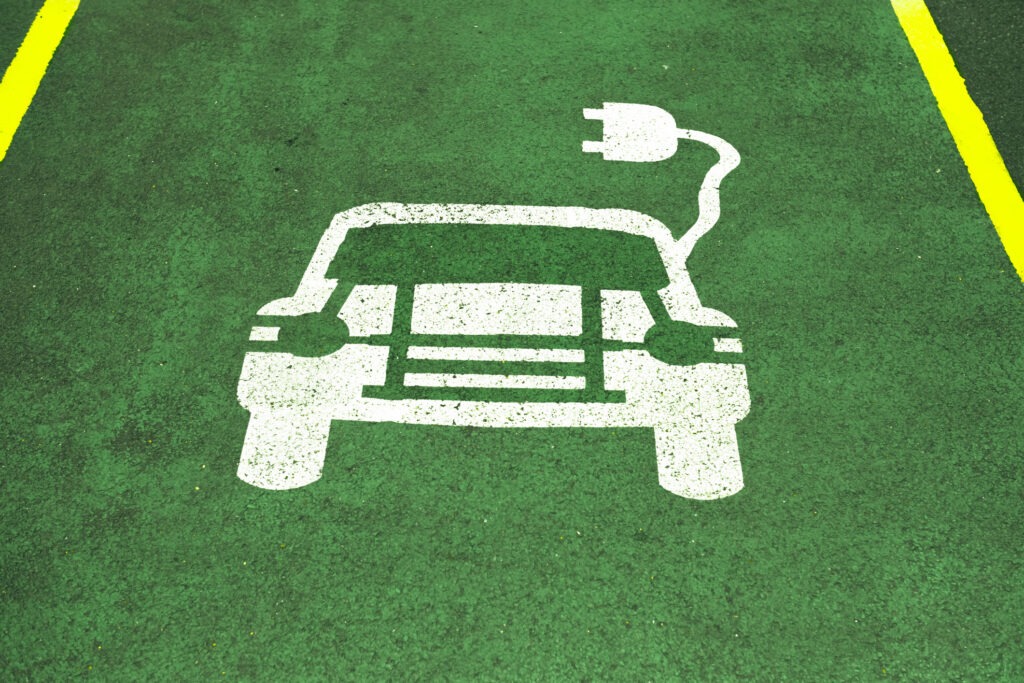Electric vehicles make up nearly a fifth of all global new-car sales in June
08 August 2023

With nearly 1.3 million registrations, the global electric vehicle (EV) market saw year-on-year growth of 38% in June. José Pontes, data director at EV-volumes.com, examines the best-performing models and brands.
Consisting of battery-electric vehicles (BEVs) and plug-in hybrids, EVs represented 19% of the global new-car market in June. BEVs alone held a 13% share, highlighting the growing popularity of the technology. With the inclusion of 900,000 hybrid-electric vehicles (HEVs), electrified models made up nearly a third of global new-car registrations.
In the first half of 2023, EVs made up 15% of the worldwide new-car market, with BEVs alone accounting for 10% of all registrations. Within the EV market, these all-electric models held a 70% share between January and June. Within the same time frame, registrations of hydrogen fuel-cell vehicles (FCEVs) dropped 25% year on year.
Record breakers
The Tesla Model Y remained well in front of its competitors in June. Meanwhile, profiting from Tesla’s end-of-quarter peak, the Model 3 beat its closest competitors from BYD, the Song and the Qin Plus. However, this tidal effect cannot have been the only influencing factor. With 68,850 registrations, the Model 3 enjoyed its best month since March 2022.
Further down the table, with a record 19,740 registrations, the Wuling Bingo took 10th place. Then the recently introduced BYD Seagull made it into 12th, with the promise of joining the top 10 soon. In 15th, the Li Auto L7 scored 13,107 registrations. It looks like the model is now close to surpassing the BYD Tang as the best-selling full-size SUV.
Other record performances sit further down the top 20 table. The Denza D9 came in 17th (11,058 units), the BYD Destroyer 05 sits in 18th (10,224 units), and the MG4 in 19th (9,764 units). One surprise came in the form of the Geely Galaxy L7, which debuted in 20th following its official launch.
There is a great deal of movement happening outside of the 20. Looking from the largest to the smallest vehicles, despite the Li Auto L7’s success, other models from the startup are hanging on with notable volumes. This includes the L9 (9,618 units) and the L8 (8,451 units). The Leapmotor C11 SUV also saw its third consecutive record performance. Thanks to its new EREV version, the midsize model hit 8,934 registrations, providing the startup with some much-needed volume.
As for compacts, Great Wall’s Ora Good Cat returned to its best form in 18 months. A decent result of 9,061 units resulted from rising exports and a step-up in local deliveries. This meant the BEV sold at the same pace as the Volkswagen (VW) ID.3 (9,245 registrations). However, VW Group did see record performances from the Audi Q4 e-Tron (9,519 units) and the Skoda Enyaq (7,293 units).
Many models maintained their position in the first half of the year. However, the Tesla Model 3 did return to second place, meaning the carmaker took the top two podium spots. Another change of position happened in fourth, as the BYD Qin Plus climbed up one place. Meanwhile, the small Wuling Bingo debuted on the best-sellers table in 15th.
Two-horse race
When it comes to brands, BYD recorded over 240,000 registrations in June, which was enough to beat Tesla, despite being an end-of-quarter month. However, Tesla also saw a record period, with more than 211,000 registrations.
GAC ended in fifth, thanks to 45,028 registrations, its fourth record score in a row. While the upcoming Aion SSR is unlikely to push the brand further forward, GAC’s other upcoming model, the Aion Hyper GT sports sedan, could ruffle some feathers in the full-size segment.
Eighth-place Li Auto also had a record month, its third in a row, with over 32,000 registrations, thanks to strong results across the line-up. Still constrained by supply issues, the startup can be expected to continue to beat records regularly soon. With the introduction of the midsized L6 and L5 models expected sometime next year, this trend can be expected to accelerate.
In the second half of the table, Hyundai scored a record result thanks to good results from the Ioniq 5 and Ioniq 6. But the biggest brand surprise of the month came from Toyota. The Japanese carmaker recorded 14,529 registrations, its second-highest score in a row. This is mostly thanks to the ramp-up of its Chinese operations, via its bZ4X and bZ3 models, not to mention steady results from the RAV4 PHEV and the introduction of the new Prius PHEV.
In the Stellantis stable, Jeep continued to profit from strong sales of the Wrangler PHEV, likely thanks to the US Inflation Reduction Act. The production ramp-up of the Grand Cherokee PHEV also helped, with the model posting a record of 14,587 registrations. With the Jeep Avenger having just landed in Europe, its sales across the pond can be expected to recover in the coming months.
Between January and June, BYD was ahead of Tesla, with the two brands responsible for more than a third of the global EV market. BMW follows some distance behind in third, but below it, GAC Aion passed VW, and will no doubt be aiming for third place in the future.
Li Auto climbed to eighth, making the Chinese brand one of the hottest startups in 2023. In the second half of the table, the highlight was Hyundai, which climbed one position to 12th place.
BYD loses portion of share
Looking at registrations by OEM with brands grouped, BYD lost a small portion of its share in the first half of the year, dropping from 21.9% of the market to 21.4%. Tesla was up to a 15.2% market share, holding second place.
Compared to the same period in 2022, both BYD and Tesla saw respective year-on-year gains of 6% and 1.6%. Although, for the latter, this was almost entirely on the shoulders of the Model Y, while BYD profited from a wave of new models.
Third place went to VW Group, keeping a good distance from fourth-place Geely–Volvo. As for fifth-place SAIC (5.5% share), the recent success of the Wuling Bingo meant the OEM could stop its sales bleed. Below SAIC, Stellantis (4.8% share) sat firmly in sixth place, a comfortable distance ahead of seventh-place BMW Group (4.3% share).
Considering only BEVs, Tesla remained in the lead with a 21.8% share, up from 21.2% in May. The OEM has a comfortable lead over BYD (15.1% share, down from 15.4%), meaning a dethroning of Tesla is unlikely this year.
The last place on the podium saw a position change, with VW Group surpassing SAIC. A fierce competition between these two companies can be expected to be across the remainder of the year. In fifth, Geely–Volvo took a 5.8% share of the BEV market, down from 6%. The OEM would like to reach fourth place but still has a way to climb. Instead, Geely should watch out for sixth-place GAC, although the brand saw its BEV market share drop marginally to 5.4%.



